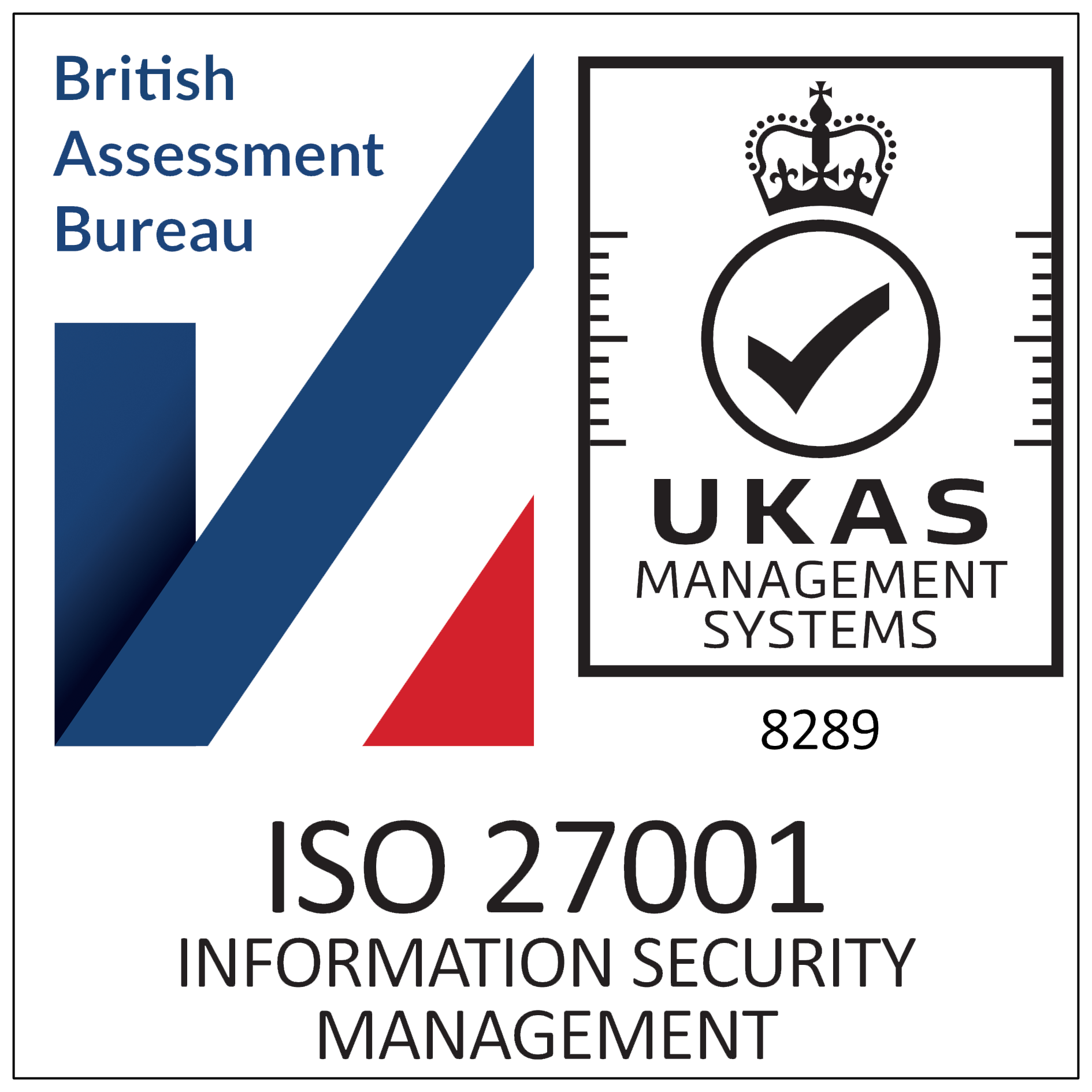As we kick off the new year, financial markets are proving as unpredictable as ever. While 2024 ended on a high, driven by optimism around artificial intelligence (AI) and economic resilience, 2025 has already thrown up fresh challenges. A major selloff in U.S. tech stocks, renewed trade tensions between the U.S. and China, and signs of market fatigue in high-growth sectorshave all contributed to a more cautious investment landscape.
This month, we break down the key market developments shaping investor sentiment and how asset managers are adjusting their strategies in response.
Tech Stocks Take a Hit – Is the AI Hype Fading?
AI was the defining investment theme of 2024, with companies like Nvidia, ASML, and Broadcom leading the charge. However, January 2025 has been a stark reminder that even the strongest bull runs aren’t immune to corrections.
The biggest shock came from Nvidia’s record single-day loss, wiping billions off its market value. The trigger? The rise of DeepSeek, a Chinese AI startup that has disrupted the narrative around AI development. DeepSeek has introduced AI models that rival Western chatbotsat a fraction of the cost, challenging the idea that AI progress depends on ever-increasing computing power and energy consumption.
This has spooked investors, many of whom had priced Nvidia and its peers for near-perfection. With lower-cost competition now entering the scene, the market is beginning to rethink AI valuations.
However, not all tech firms are feeling the pressure. AI integrators—companies that use AI rather than build it—could actually benefit from increased competition in the space. Lower costs mean AI adoption could accelerate across industries, boosting demand for companies that apply AI rather than those solely focused on hardware. Apple, for example, gained 3% this month, reclaiming its title as the world’s most valuable company.
Trump’s Trade Moves – Déjà Vu for China Investors?
Adding to market uncertainty, President Donald Trump has proposed new tariffs on Chinese imports, reigniting concerns about a U.S.-China trade war.
Some investors are worried this could hurt Chinese equities, but history suggests otherwise. Back in 2018, when the first round of tariffs was introduced, markets initially reacted negatively. But from late 2018 to mid-2021, Chinese stocks staged a strong rally, proving that domestic factors tend to have a bigger impact on China’s markets than external pressures.
The same may hold true today. While tariffs can create short-term volatility, China’s own policy decisions, economic data, and corporate earnings are far more important in determining the long-term direction of its stock market. Investors with a longer-term horizonshould keep this in mind rather than panic over immediate headlines.
Portfolio Positioning – How Asset Managers Are Responding
Given these market shifts, fund managers are making some key adjustments:
1. Reducing Equity Exposure
With macroeconomic uncertainty rising and tech valuations coming under pressure, asset managers—including HSBC’s Multi-Asset investment team—have been scaling back their equity exposure. This doesn’t mean abandoning stocks entirely, but rather trimming positions in overvalued areasand keeping more cash on hand for future opportunities.
2. Adding More Bonds (Duration Exposure)
To offset equity market volatility, there has been an increase in bond exposure. With interest rates potentially peaking, long-duration bonds provide a buffer against further market fluctuations.
3. Being Selective in Tech Stocks
HSBC remains cautious on high-valuation AI chipmakers but still sees potential in companies that apply AI rather than just build it. With DeepSeek and other challengers entering the scene, competition is heating up—meaning not all AI stocks are created equal.
4. Keeping a Balanced Approach
In HSBC’s Global Strategy Portfolios, Nvidia exposure ranges from 0.61% (Cautious Portfolio) to 2.95% (Adventurous Portfolio). While Nvidia remains a key player in AI, the fund managers are ensuring their portfolios remain diversified and not overly concentrated in a single high-growth theme.
5. Staying Opportunistic
With market sentiment shifting, asset managers are closely watching for attractive entry points. The recent tech selloff may create buying opportunities in high-quality names, but patience is key. Overpaying for growth stocks has burned investors before—and could do so again.
Final Thoughts – A Volatile but Exciting Year Ahead
So, what should investors take away from all this?
- AI is evolving fast, and not every tech leader today will stay on top forever. The emergence of new competitors means investors need to differentiate between companies driving innovation and those merely riding the wave.
- U.S.-China trade tensions will continue to grab headlines, but historical trends suggest China’s markets are more influenced by domestic factors.
- Markets are adjusting to a more uncertain landscape.Asset managers are taking a more cautious approach, balancing risk and reward while waiting for the right opportunities to deploy capital.
While 2025 has started on shaky ground, disruptions also create opportunities. The key for investors is to stay informed, be selective, and avoid getting caught up in short-term market noise.
If you’d like to discuss how these market trends impact your clients portfolio’s or explore investment opportunities, feel free to reach out. Staying ahead in today’s market means making informed decisions—and We Complement are here to help.



